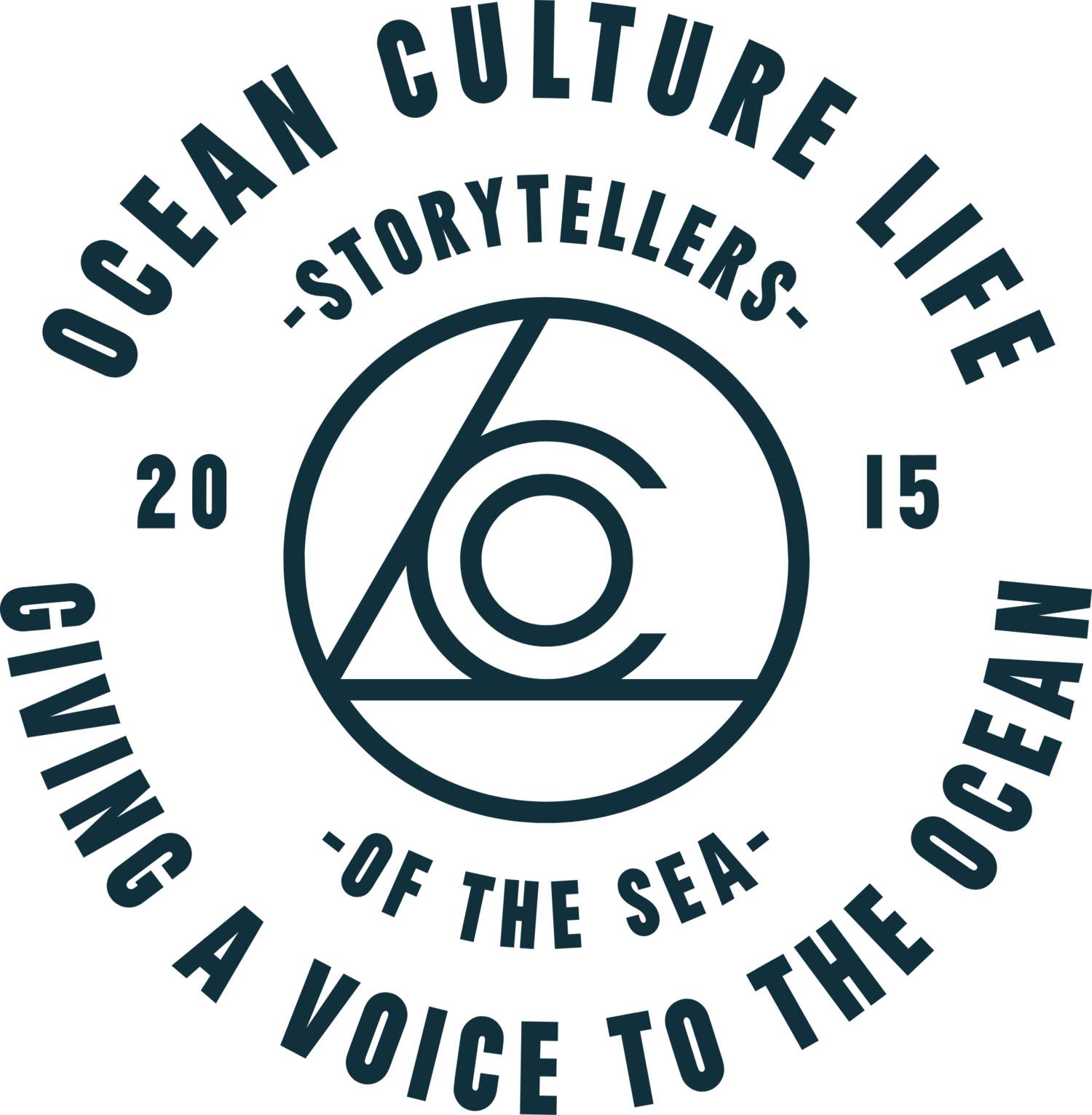Katy Ayres | Shark Ecologist | Nat Geo Explorer | PHD Candidate
Originally from a small village in North Yorkshire, England, Katy didn’t have many opportunities to visit the ocean as a child. However, this didn’t stop her from developing a strong passion for the underwater world and its inhabitants. Like many people, as a child Katy was scared of sharks due to their misunderstood reputation; she overcame her fear through rigorous research, and in doing so she developed a fascination and passion to help these mistreated creatures.
Now, Katy is living in La Paz, Baja California Sur, and focusing her research on shark species that inhabit Cabo Pulmo National Park, a marine protected area where a ban on fishing has led to an increase in shark numbers.
What is a typical day like for you?
I spend most of my time working on my PhD, which means I am either on or near the ocean doing fieldwork or on my laptop organising and analysing data. A typical fieldwork day for me is standing on the beach and searching for sharks along the coastline of the protected area using a drone. Since the project started, we have recorded incredibly huge aggregations of blacktip sharks and at times there have been groups of over 1000 sharks!
Not every day is as glamorous, and many nights I have spent shivering on a small boat waiting to tag a single shark, which can take several hours in cold and wet conditions.
What are the fondest memories from your upbringing that you feel impacted your life choices and lifestyle today?
One of my earliest memories was seeing a photo of a shark in a marine life book that belonged to my Grandma. The photo scared me but it also fascinated me. I lived far from the sea and so my fondest memories as a child are going on holiday to France and Spain and being in the ocean. We would rent a pedalo boat and I would slide down the slide into the water but I would always be worried that a shark would come and attack me! When the internet was installed on the home computer, I would spend hours researching about sharks and making PowerPoint presentations about the different species. I came across many photos of dead sharks that were being fished for their fins and I soon realised that sharks should not be feared but instead they needed our help.
What path did you choose after leaving school?
After school, I travelled to Australia where I became a PADI Divemaster. I then studied at Bangor University where I received a First-Class Honours in my BSc in Marine Vertebrate Zoology. I then volunteered on marine conservation projects to gain as much experience in the field as I could, which included working on projects in Fiji, New Zealand and The Galapagos. I finally arrived in Mexico where I collected data for my Master’s thesis at the University of York on hammerhead shark populations around the Gulf of California. I then returned to Mexico the following year after falling in love with Cabo Pulmo National Park and started my PhD project on blacktip sharks with Pelagios Kakunja, which was fortunately supported by the National Geographic Society.
What do you value most in life?
My family, friends and spending time in the ocean, be that freediving, scuba-diving or snorkelling at the local beaches and reefs.
What brings you the most joy?
Spending time in the ocean with marine life (especially sharks) and the people that matter most to me.
What/who currently inspires you?
All the women who have managed to find their place in the science world and those who are making a real difference in ocean research and conservation.
What would you most like to change in the world/environment today?
I would like to change how we take and use the worlds resources. Currently we take too much, and in destructive and non-sustainable ways. I would also like everybody to find a way to connect with nature and the ocean. People care about and protect the things that they love and the ocean really needs our protection. The more people we can get to fall in love with the ocean and its creatures the more chance we have of conserving it.
Are there any books/documentaries that have guided your thinking?
Mission Blue is one of my favourite documentaries that shows the success and career of Sylvia Earle, a marine biologist and one of the first people ever to use SCUBA to document marine life. Her determination, lack-of-fear and love for the ocean is inspiring, especially in such a male dominated field. I also, like many, love watching David Attenborough documentaries! When I was younger, I always watched shark documentaries but I did not like how demonized sharks were in many of the shows and I hope to have my shark research documented in a more educational way.
What legacy do you hope to leave?
I have dedicated many years to surveying the coastline of Cabo Pulmo National Park. I have added to the body of work by documenting the success of the park through the drone surveys of the aggregations of 1000’s of sharks, which have been the basis of my scientific publications. The legacy I hope to leave is that my work will help ensure that the project continues for years to come and that I can inspire young people, especially women, who are thinking about working in science.
Website - www.pelagioskakunja.org
Instagram - @katyayre







